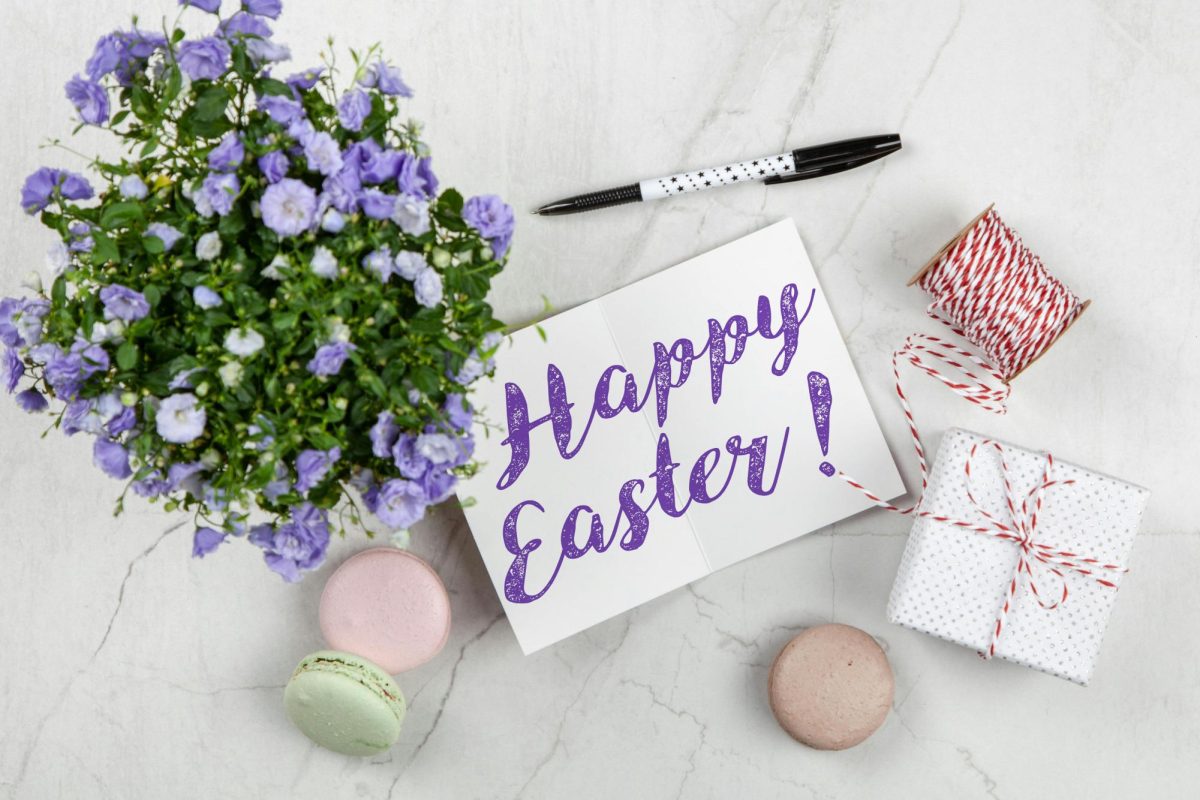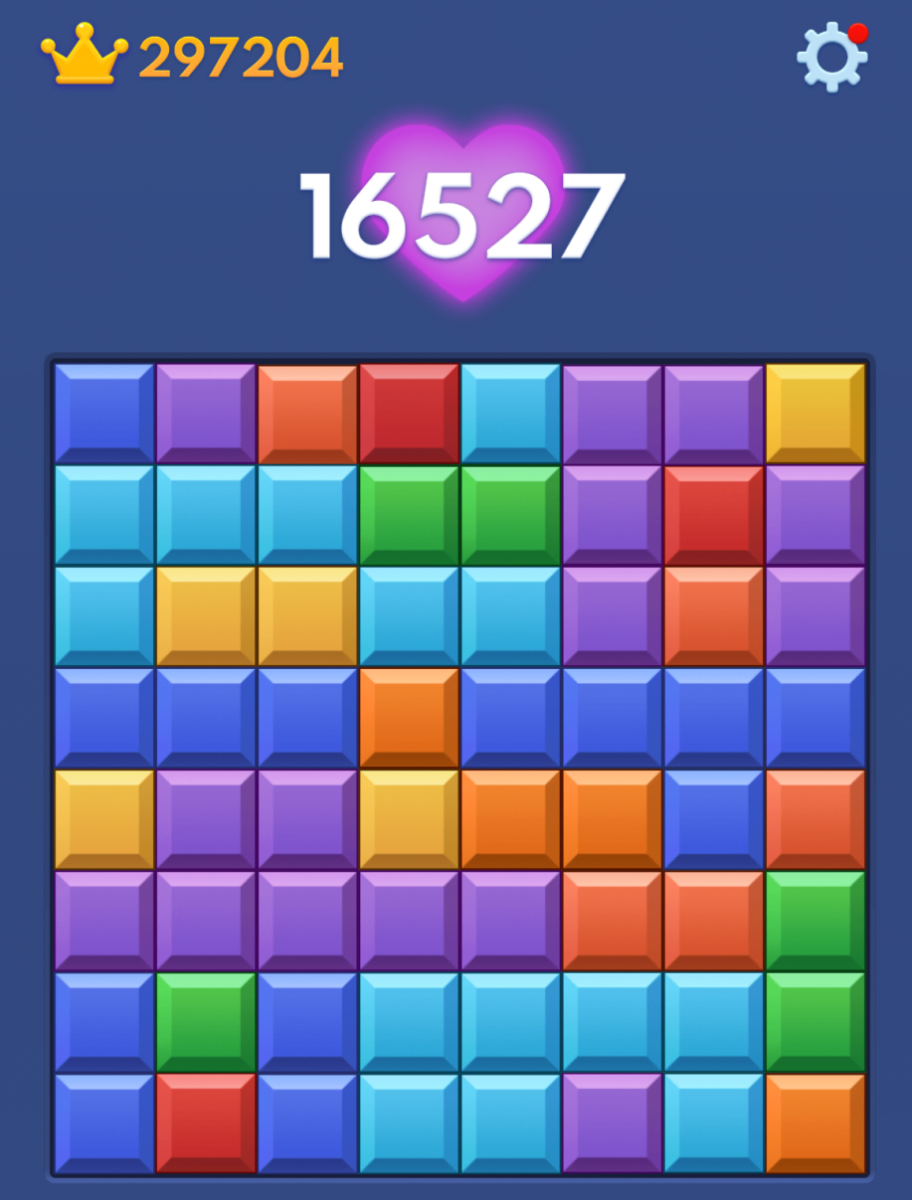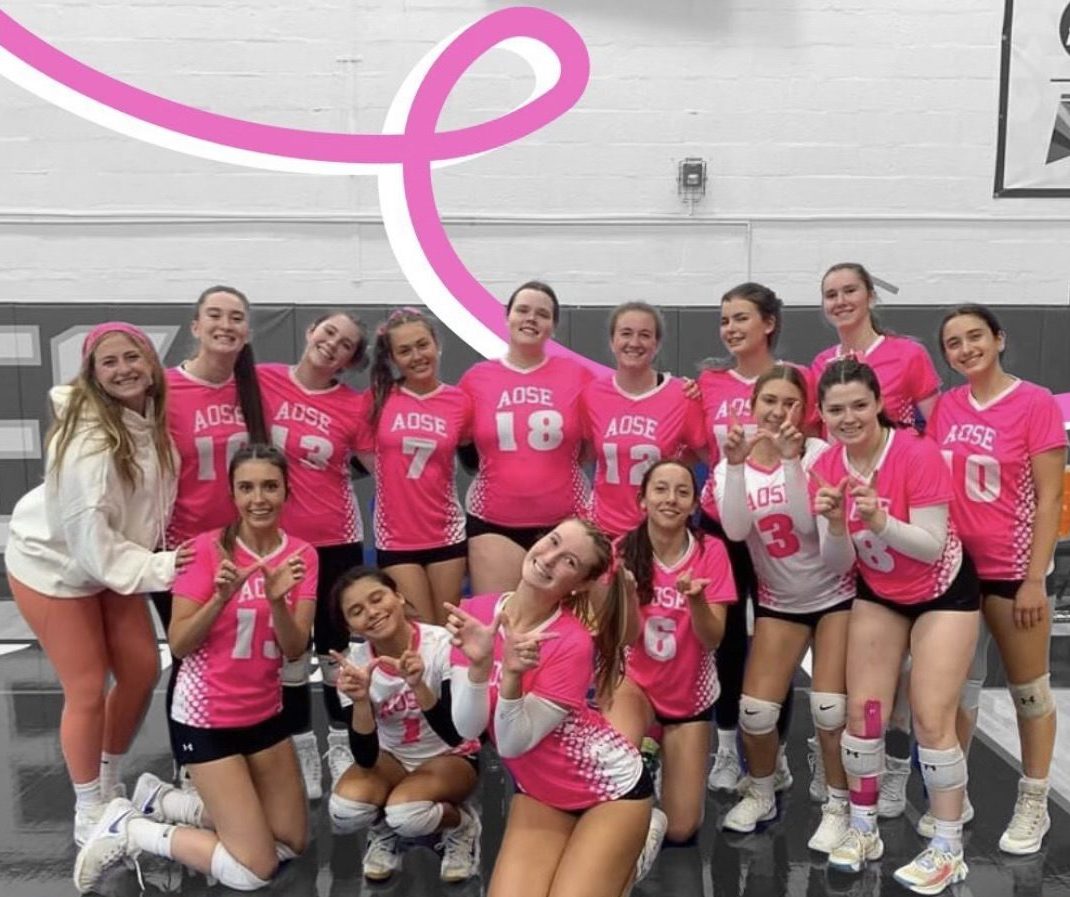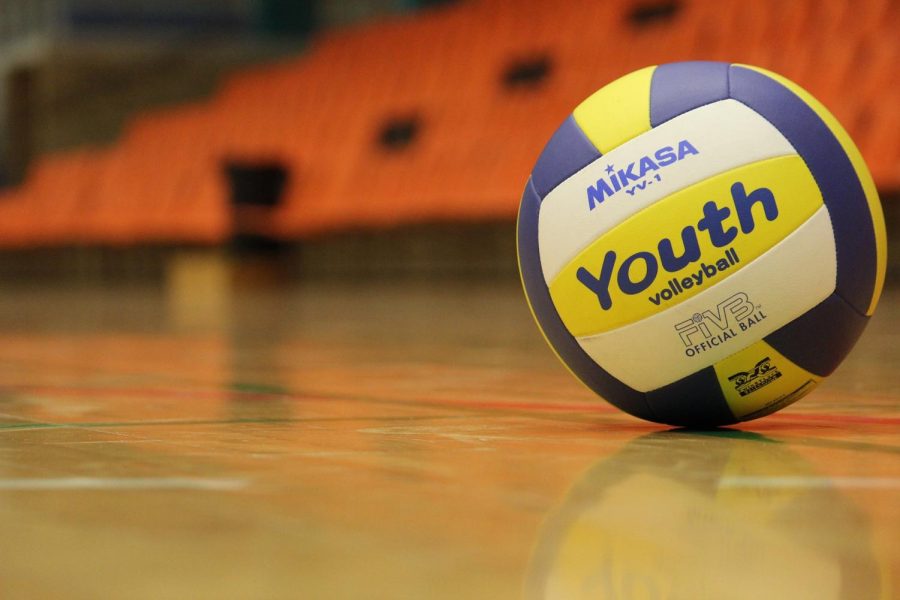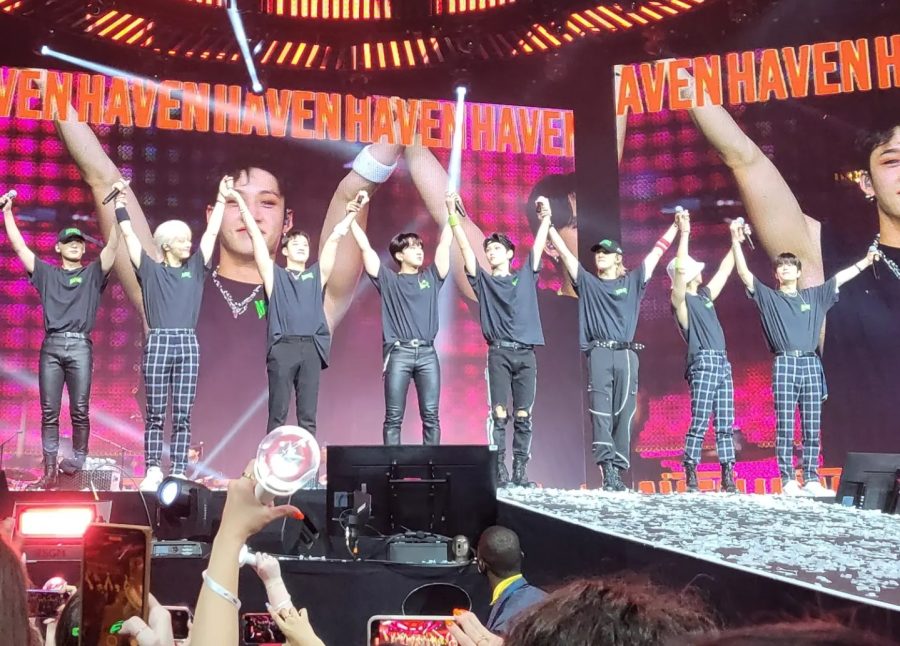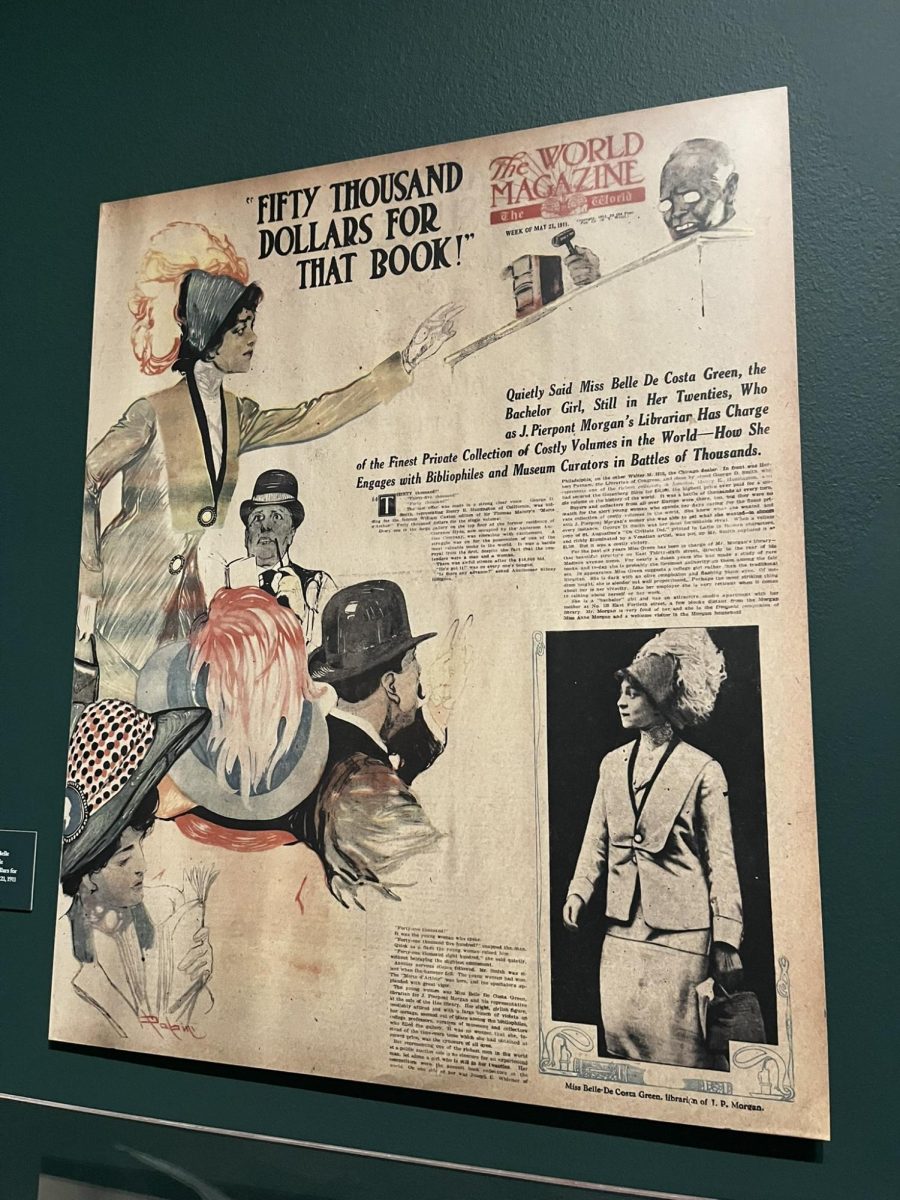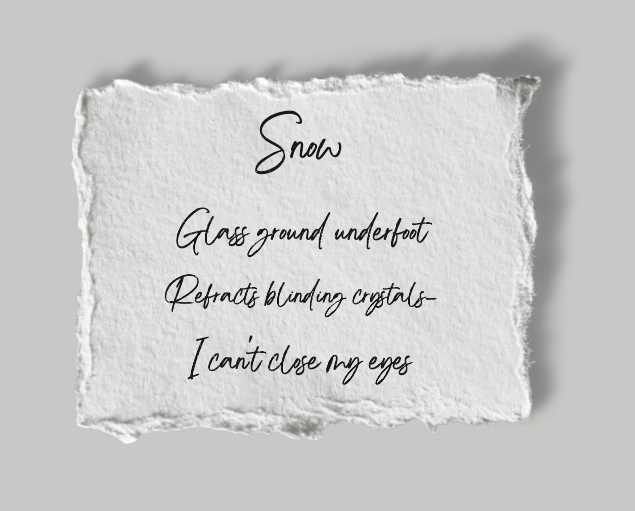How to Haiku: A Beginner’s Guide
March 2, 2023
Lots of us artistically-inclined folks will eventually stumble upon poetry as the deepest form of self-expression. There are many styles of poetry– iambic pentameter, sonnets, lyric, free verse– but we are focusing on what I consider the most beginner-friendly: haikus.
Haikus generally follow the three-line, 5-7-5 format. In other words, there should be three phrases, the first and last of which contain five syllables each, and the middle, seven. These poems are a short and sweet method of getting thoughts down in a more succinct writing style. In this, poetry usually forces the author to improve their economy of language.
Now, what should you write about? In short, whatever you’d like. Poets are not confined to anything, aside from perhaps the meter of their form. Even then, most poetry formats can be edited at the writer’s discretion. Before I set pen to paper, I think of a phrase I’d like to incorporate, a feeling I’d like to portray, or a scene I’d like to describe. I’m usually ready to begin after a moment of meditation.
For example, let’s consider the recent snowfall. How does it make me feel? What does it look like? What might it mean on a broader– or narrower– scale? In asking myself a few questions, I’ve already brainstormed a promising subject: reflecting light. Incorporating something I already know about snow, such as how snow can lead to temporary blindness after staring at the refracting crystals over extended periods of time.
I start with the first line, though that isn’t necessary.
Glass ground underfoot
See how I’m already starting to address the snow? Intense natural imagery is often a key component of traditional Japanese haikus. Even in short-form poems, we can make an impact from the diction and syntax we employ. Let’s move on. What else can I say to set the scene?
Refracts blinding crystals
Good! I’ve gotten my key concept in. Now to cap it off, I usually end with either a more nebulous or specific sentiment. I’ll be going for the latter approach.
I can’t close my eyes
Let’s put my three lines together now and add punctuation where necessary– or desired– for additional clarity:
Glass ground underfoot
Refracts blinding crystals–
I can’t close my eyes
I’m happy with my haiku as it is, but poetry often requires much editing until you’re pleased with the result. You can title the piece once satisfied. For haikus, I’d advise using a thematic word or phrase to tie the poem together. I’m thinking of something like “Snow” for my poem. The word is simple and gets the point across.
With that, you’re ready to share your poetry with the world– or keep it to yourself! Poetry is what you make of it. Everyone’s creative process is different, and we all improve with practice. Haikus are subsequently one of my favorites because their short form lends itself to tighter schedules that might not have time for a longer limerick.
I implore you to write a haiku for yourself, and as always, have fun!






